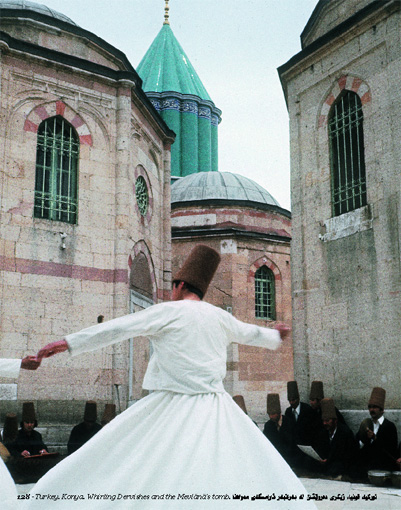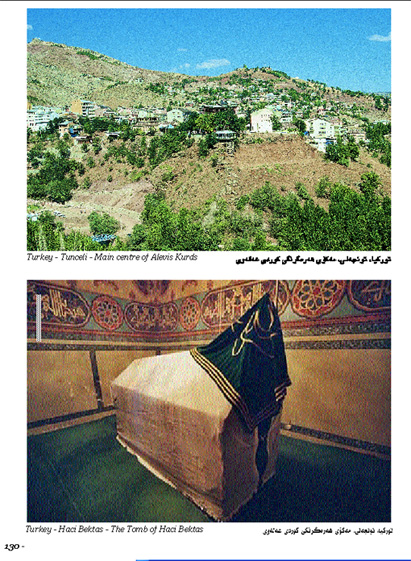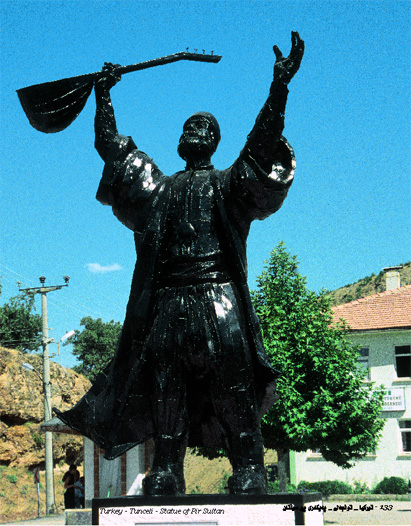» Yezidism
» Islam
» Sufism
» Alevis
» Orders


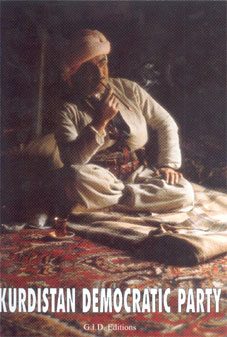
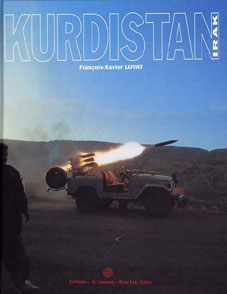
| [ DEUTSCH ] | [ ENGLISH ] | [ KURDISH ] | [ FRANÇAIS ] |
The Alevis
or Qizilbash
The Alevis are often considered as adepts of a sufi shi'ia sect, because the importance they attach to Ali, the Son in Law of Muhammad. But they have little to do with Islam.
Their religion is a humanism, and their liberal social behaviours are far from the traditional Islamic ones. For instance, they place men and women on the same level. They may not respect the fast of Ramadan. They do not prohibit alcohol consomption. Their religious rites , often accompanied with danses and mystical musics, are held in “meeting places” called Cem Evi, which are not mosques, and are led by religious leaders, the Dede or Seyid.
They do not have specific Holy Books,and they respect Qur'an as well as Thora or Gospels. They believe in the mediation of five Angels, twelve Ministers of God and forty Prophets, between God and Humanity. Sometimes called “Red Heads”, they live mostly in Anatolia in the provinces of Siwas, Diyarbakir and Kharpout. Alevis Kurds speak Kurd and Zaza, and could be more than a million in the Dersim mountains. Recent estimates have recognised that Alevis could represent more than 25% of the Turkish population. But it is very difficult to check this out, the Alevis respecting the outmost discretion.
Times are not so far when Ottoman Empire, officially Sunni, and controlling the whole of Middle East, was condemning Alevism and ordering huge massacres of its adepts. Things have changed today, but Alevism is still discredited by the fundamentalist Sunni circles. Connected to the Sufi mainstream of Bektâshi (or Baktâshi), Alevis Kurds gathered in important festivities, like the Hacibektash's one, a city of central Anatolia, to honour Hâji Bektash, founder of the Order, and one of the most important Spirit Avatar for the Alevis.
The Bektashis are better known as “Whirling Dervishes”or Mawlawiya, Konya being their most important centre with the Tomb (Tûrbê) of the great sufi master and poet Mevlânâ Jalâl al-Din Balkhi, nicknamed “Al-Rumi”.
